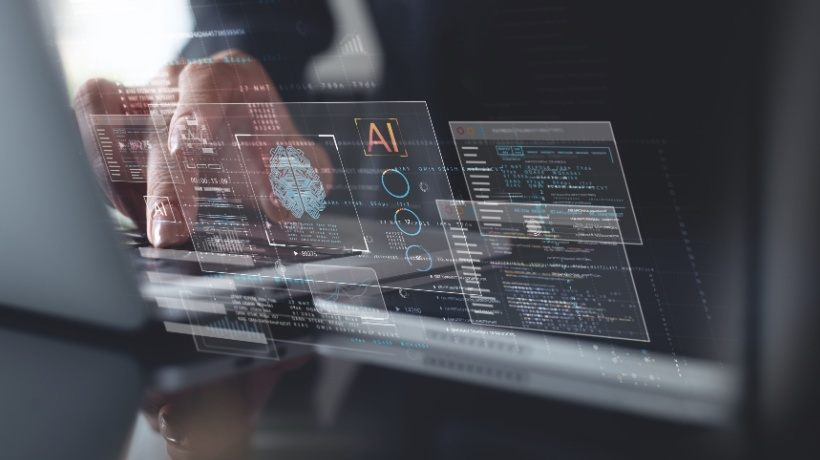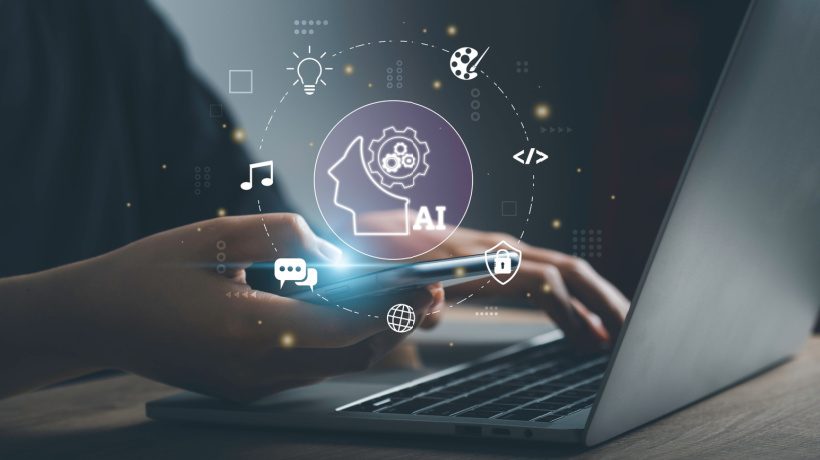Using AI In Personalized Online Education
Integrating Artificial Intelligence (AI) in online education has opened new avenues for personalizing learning experiences as the digital landscape evolves. AI's capability to analyze data and adapt to individual student needs has the potential to revolutionize online education. This article explores the opportunities and challenges associated with AI-driven personalized learning, highlighting its transformative impact on student engagement, achievement, and educational equity.
Opportunities
Tailored Learning Experiences
AI algorithms excel at analyzing vast amounts of data to understand students' learning styles, preferences, and progress. By leveraging this data, AI can create tailored learning experiences that cater to each student's unique needs. This personalization ensures that learners receive neither difficult nor easy content, maintaining their interest and fostering a deeper understanding of the material.
Real-Time Feedback And Assessment
One significant advantage of AI in online education is the ability to provide real-time feedback and assessment. Traditional education models often rely on periodic evaluations, which can delay the identification of learning gaps. AI-driven systems, on the other hand, continuously monitor student performance and provide instant feedback. This immediate response helps students correct mistakes and reinforces learning concepts promptly.
Enhanced Student Engagement
AI can enhance student engagement by incorporating interactive elements and gamification into the learning process. Adaptive learning platforms use AI to present content in various formats, such as videos, quizzes, and simulations, making learning more dynamic and engaging. This variety keeps students motivated and encourages active participation, which is crucial for effective learning.
Data-Driven Insights For Educators
AI benefits students and provides valuable insights for educators. By analyzing student data, AI can identify patterns and trends that may not be immediately apparent to human instructors. These insights enable educators to make informed decisions about curriculum design, teaching strategies, and intervention measures. AI can also help identify students at risk of falling behind, allowing for timely support and intervention.
Challenges
Data Privacy And Security
The effectiveness of AI-driven personalized learning relies on collecting and analyzing vast amounts of student data. This reliance raises significant concerns about data privacy and security. Ensuring that student data is protected from unauthorized access and breaches is paramount. Educational institutions must implement robust data protection measures and comply with privacy regulations to safeguard student information.
Bias In AI Algorithms
AI algorithms are only as good as the data they are trained on. If the training data is biased or unrepresentative, the AI system may perpetuate or amplify existing biases. This issue is particularly concerning in education, where biased algorithms can affect student assessments and learning outcomes. Developers must strive to create unbiased AI systems by using diverse and representative datasets and continuously monitoring and refining the algorithms.
Equity And Access
While AI can potentially democratize education, there is a risk that it may exacerbate existing inequalities. Access to AI-driven personalized learning requires reliable internet connectivity and digital devices, which may not be available to all students. Educational institutions and policymakers must work to bridge the digital divide and ensure that all students, regardless of their socioeconomic background, have access to the benefits of AI in education.
Teacher Training And Acceptance
The successful integration of AI in online education depends on the acceptance and proficiency of educators in using AI tools. Teachers need training and support to incorporate AI-driven personalized learning into their teaching practices effectively. Additionally, there may be resistance to adopting new technologies due to concerns about job displacement or a perceived loss of control over the teaching process. Addressing these concerns through professional development and clear communication about the role of AI can facilitate smoother integration.
Future Implications Of AI In Personalized Online Education
The future of AI in personalizing online education is promising, with several exciting developments on the horizon. Advances in Natural Language Processing (NLP) and Machine Learning will further enhance AI's ability to understand and respond to student needs. NLP, for instance, can enable AI systems to provide more nuanced and context-aware feedback, improving the overall learning experience.
Moreover, the integration of AI with other emerging technologies, such as Virtual Reality (VR) and Augmented Reality (AR) can create immersive and interactive learning environments. These technologies can simulate real-world scenarios, allowing students to apply theoretical knowledge in practical contexts. For example, medical students can use VR to practice surgical procedures in a risk-free environment, while language learners can engage in virtual conversations with AI-powered avatars.
Another exciting development is the potential for AI to facilitate lifelong learning. As the job market evolves, continuous upskilling and reskilling become essential. AI-driven personalized learning platforms can support lifelong learning by providing customized learning paths based on an individual's career goals and skill gaps. This adaptability ensures that learners can stay relevant in a rapidly changing world.
Conclusion
AI's role in personalizing online education presents many opportunities and challenges. The ability to tailor learning experiences, provide real-time feedback, enhance engagement, and offer data-driven insights holds immense potential to transform education. However, addressing challenges related to data privacy, algorithmic bias, equity, and teacher training is crucial for successfully implementing AI-driven personalized learning.
As we progress, it is essential to balance leveraging AI's capabilities and ensuring ethical and equitable practices. By doing so, we can harness the power of AI to create a more inclusive, engaging, and effective educational landscape, ultimately benefiting learners and educators alike. The future of education lies in our ability to embrace innovation while maintaining a commitment to fairness and accessibility for all.








